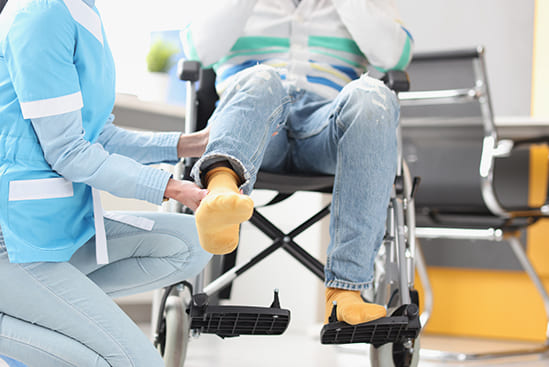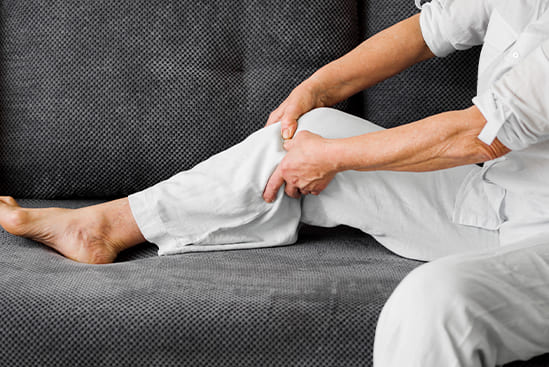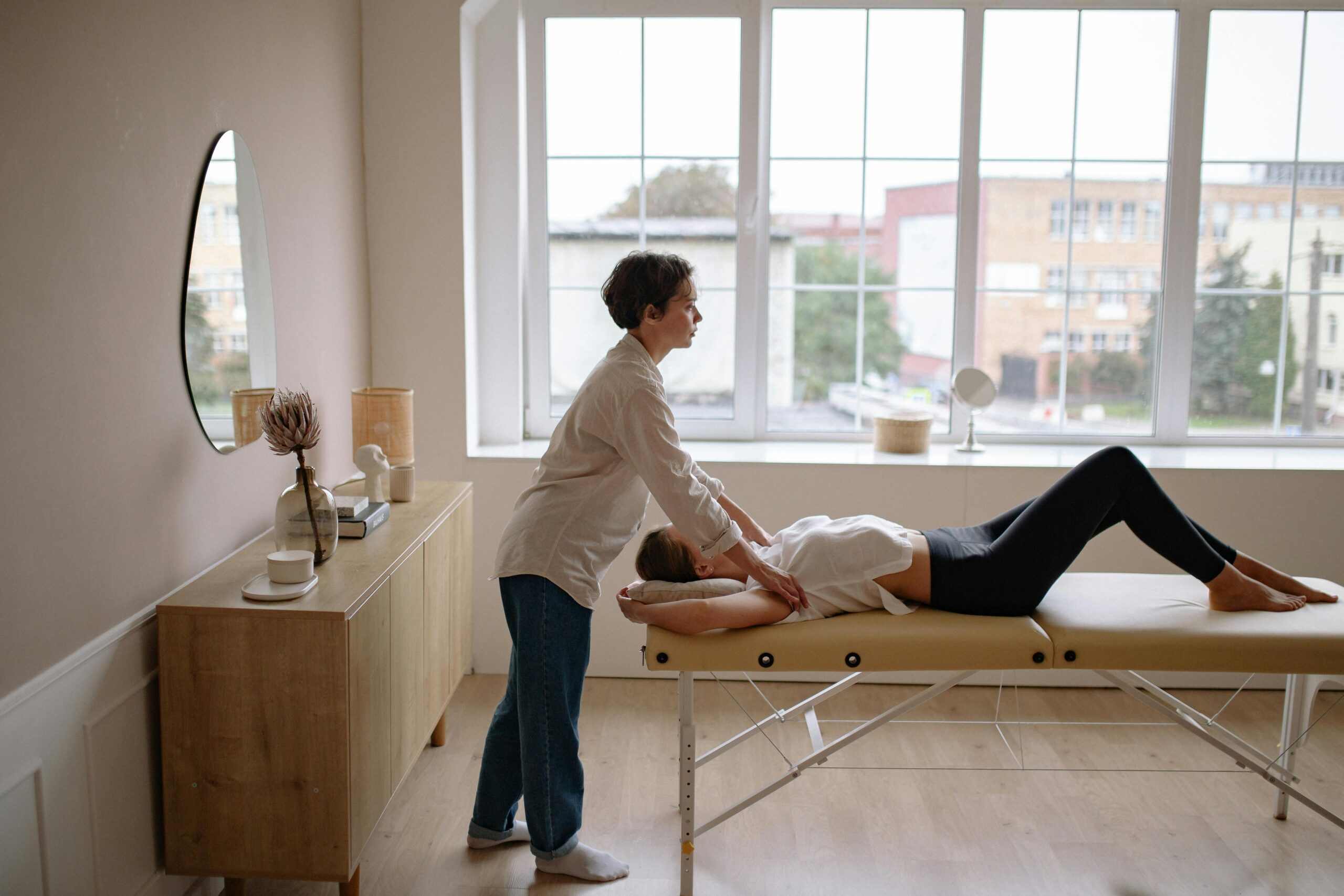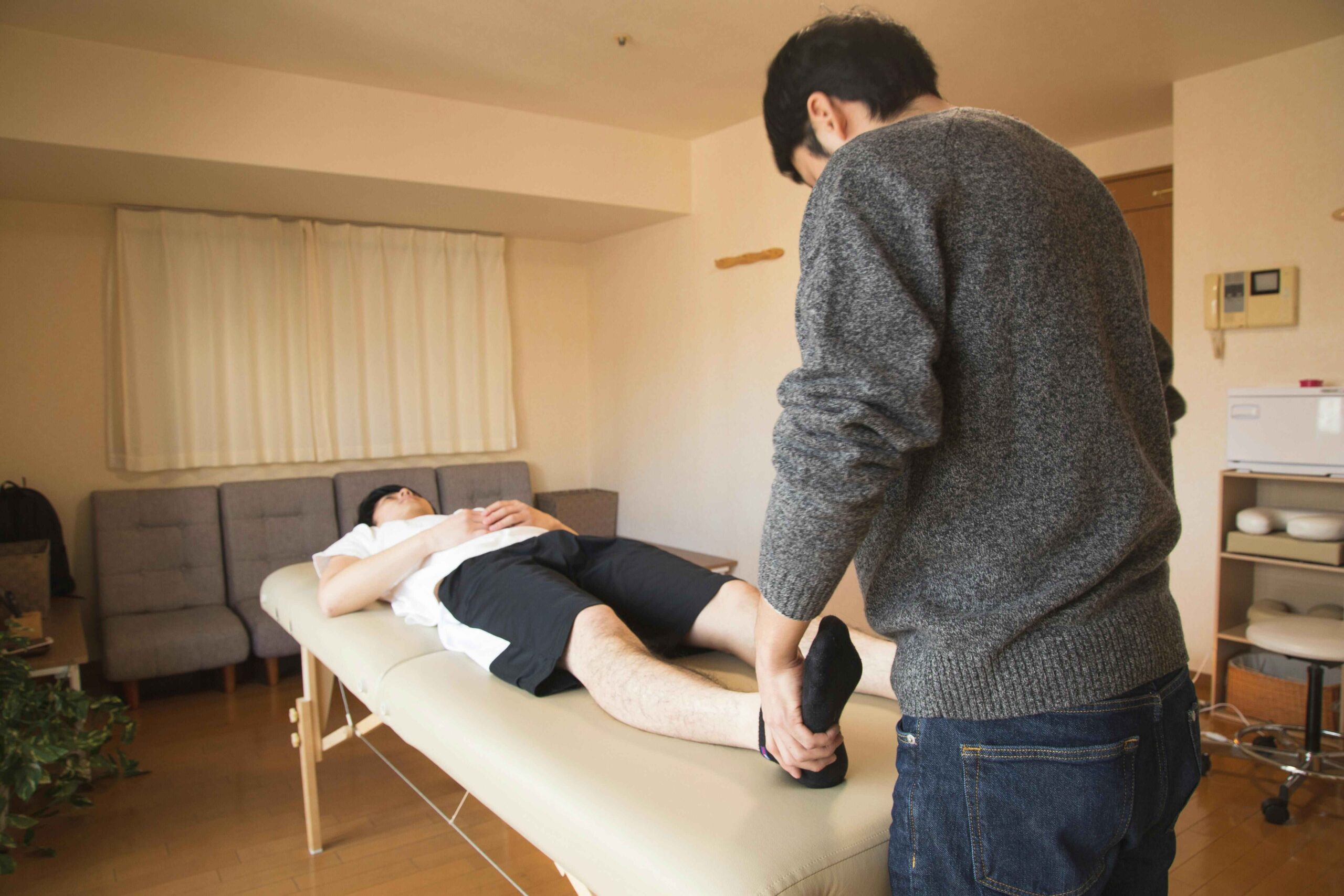

Introduction
Frozen shoulder, medically known as adhesive capsulitis, is an incredibly painful and frustrating condition that can significantly limit your ability to move your arm and shoulder. For many active individuals and professionals in the city, a frozen shoulder interferes with essential daily activities such as dressing, driving, sleeping, and working. Understanding the condition and knowing when to seek professional physiotherapy Petaling Jaya services can make a major difference in your total recovery time and long-term joint health.
This is where Synapse Physiotherapy makes the difference through their evidence-based treatment plans, designed to address the root cause of stiffness with comfort, balance, and flow. Rather than leaving patients to struggle through the slow natural progression of the injury, we shape each journey with intentional pacing and expert manual techniques that allow you to truly return to a pain-free life. By consulting a professional team of physiotherapsits, we ensure that your rehabilitation is both safe and effective, preventing the long-term disability that often follows untreated cases.
What Exactly is a Frozen Shoulder?
A frozen shoulder is a specific condition where the shoulder joint becomes stiff, painful, and difficult to move due to inflammation and the subsequent thickening of the joint capsule. The shoulder capsule, which surrounds the ball-and-socket joint, tightens and forms adhesions that physically restrict movement. Unlike common sports injuries that involve muscles or tendons, frozen shoulder primarily affects the joint capsule itself.
Because the issue is rooted in the tightening of the capsule, rest alone does not solve the problem. In fact, prolonged immobilisation can often worsen the stiffness. This is why targeted rehabilitation is essential to break the cycle of pain and restricted motion. According to the Mayo Clinic, while the condition typically affects people between the ages of 40 and 60 and more amongst women it can affect anyone, particularly those living in busy urban environments.
Common Risk Factors and Lifestyle Contributors
In urban hubs like Petaling Jaya, lifestyle factors can play a significant role in shoulder health. Many residents spend long hours at desks or commuting, which contributes to poor shoulder movement habits and reduced mobility. These habits can lead to a delayed recognition of early symptoms, making the eventual recovery more complex. Other common risk factors include:
-
Diabetes: Both Type 1 and Type 2 diabetes significantly increase the risk.
-
Post-Surgery Recovery: Prolonged shoulder immobilisation after surgery or injury.
-
Systemic Conditions: Thyroid disorders, heart disease, or a history of stroke.
-
Previous Trauma: Past shoulder injuries that may have altered joint mechanics.
Engaging with physiotherapy Petaling Jaya early in the process allows for a thorough assessment of these risk factors and the creation of a personalised recovery plan focused on pain management.
The Three Stages of Progression
Frozen shoulder is unique because it typically progresses through three distinct stages, each requiring a tailored approach from your physiotherapist.
1. The Freezing Stage (Painful Stage)
This initial phase can last from 6 weeks to 9 months. During this time, pain gradually increases, especially at night, and the range of motion begins to decrease. The primary goal of physiotherapy Petaling Jaya during this phase is comfort and preventing further stiffness through gentle movement within tolerance.
2. The Frozen Stage (Stiff Stage)
In this stage, the sharp pain may begin to reduce, but the stiffness becomes the dominant symptom. Activities like reaching overhead or behind your back become nearly impossible. Here, your treatment focuses on improving joint mobility and preventing muscle weakness in the surrounding areas.
3. The Thawing Stage (Recovery Stage)
This final stage can last several months as shoulder movement gradually improves. The focus shifts toward progressive stretching, strengthening exercises, and functional retraining to ensure the shoulder returns to its full pre-injury capacity.
Why Professional Physiotherapy is Essential
Without proper intervention, a frozen shoulder can persist for 1 to 3 years, and many individuals are left with permanent stiffness. Seeking a qualified physiotherapy Petaling Jaya provider is critical for:
-
Reducing Inflammation: Safely managing the “freezing” phase to reduce pain.
-
Restoring Coordination: Ensuring the shoulder and scapula work together effectively.
-
Shortening Recovery: Professional guidance can significantly decrease the total time spent in rehabilitation.
Evidence-Based Treatment Techniques
A structured programme at a sport injury clinic or dedicated centre will involve more than just simple stretches. Our professional team will use a combination of:
-
Manual Therapy: Hands-on joint mobilisation to improve capsule movement and soft tissue release.
-
Therapeutic Exercise: A cornerstone of recovery involving progressive stretching and strengthening of the shoulder and upper back.
-
Pain Management Modalities: The use of TENS, heat/cold therapy, and education on sleep positioning to manage night pain.
Frequently Asked Questions
1. Can frozen shoulder go away on its own?
While it may eventually resolve over 1–3 years, many people are left with lasting stiffness and weakness without professional physiotherapy Petaling Jaya.
2. Why is the pain worse at night?
Increased pain at night is a hallmark of the “freezing” stage. Your therapist can provide education on sleep positioning and pain modalities to help alleviate this discomfort.
3. Is exercise safe if my shoulder feels stiff?
Yes, exercise is a cornerstone of recovery, but it must be progressive and adjusted to your specific stage of the condition.
4. How do I know if I have a frozen shoulder or a muscle tear?
Unlike muscle injuries, frozen shoulder primarily affects the joint capsule. A thorough assessment by our professional team is needed to determine the correct diagnosis.
5. When should I start physiotherapy services?
You should seek an assessment if you have shoulder pain lasting more than a few weeks, progressive stiffness, or difficulty performing daily tasks.
Conclusion
Frozen shoulder is a challenging condition that demands a structured, evidence-based approach to overcome. It is not a condition that responds well to rest alone, but with the right guidance, recovery is not only possible—it is expected. At Synapse Physiotherapy, you receive a customised rehabilitation plan that addresses your specific stage of healing. From early pain management to advanced functional retraining, our goal is to restore your movement and improve your quality of life. If you are struggling with shoulder stiffness and want to return to your normal routine, do not wait for the condition to worsen. Book a consultation today to start your journey with the leading physiotherapy centre Petaling Jaya has to offer.
Tags :

Back & Neck Pain
- Spine & Core Rehabilitation
- Strength & Conditioning Programme
- Pain Management
- Biomechanical Assessment
- Sports Physiotherapy
- Group Class

Sports Injuries
- Strength & Conditioning Programme
- Pain Management
- Biomechanical Assessment
- Sports Physiotherapy
- Shockwave Therapy
- Group Class

Work Desk Injuries

Pre-Post-Surgical Conditions

Scoliosis & Postural Abnormalities

Neurological Conditions

Osteoarthritis & Rheumatism
Joint degeneration and inflammation happens as the human body grows older, but that does not mean our way of life degenerates as well. Relief your joint pains with a joint effort together with your physiotherapist, who will provide pain-relief treatments and prescribe exercises for your wellbeing.

Conditions Relating To Elderly
Common conditions in the older age population include hips & knee pain, back & neck pain, osteoarthritis, rheumatism, fear of falling and many more. Aging and degeneration of bodily function is inevitable, but here at Synapse, we will help you live the best of your life.










